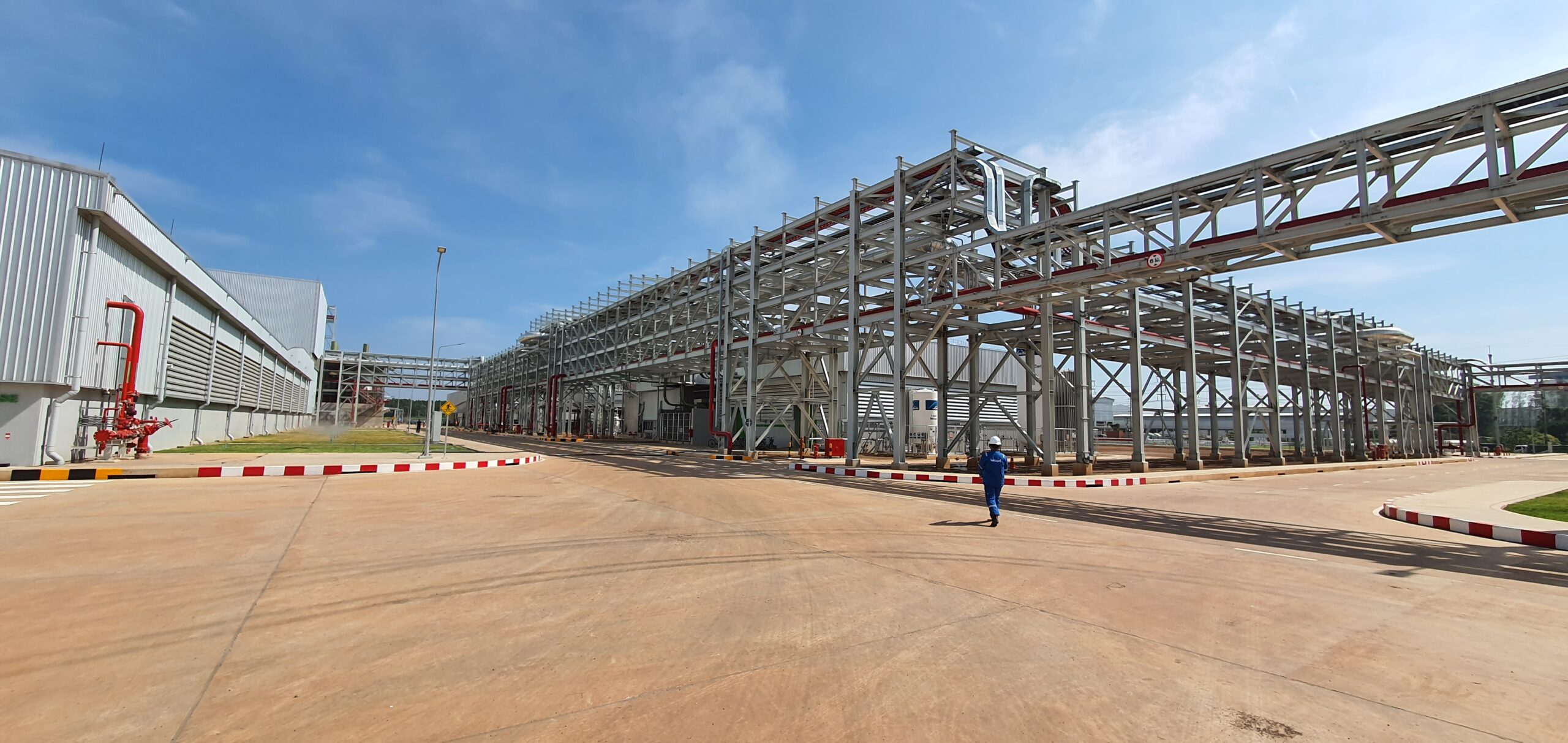Electrical & Instruments Engineering
"Mastering Electrical & Instrument Engineering: From Cable Routing to Control Room Layout"
Download Brochure
Electrical and Instrument Engineering is a pivotal discipline that ensures the reliable and safe operation of industrial systems. In this content, we’ll delve into various aspects of this field, including cable routing, cable tray layout, cable selection, instrument scheduling, control room layout, and purchase specifications for critical equipment and instruments.

Cable Routing, Layout & Detailing of Cable Trays
Cable routing is a meticulous process that involves planning the path for electrical and instrument cables throughout a facility. Engineers create detailed layouts for cable trays, conduits, and supports, considering factors like cable type, size, segregation, and accessibility for maintenance.
Applications:
- Power Distribution: Proper cable routing and selection of power cables ensure the efficient distribution of electricity within a facility, reducing downtime and enhancing safety.
- Safety: Control room layout design enhances operator efficiency and safety by optimizing the arrangement of critical control and monitoring equipment.
- Process Control: Instrument schedules and purchase specifications for field instruments are critical for accurate process control and monitoring in industries such as petrochemicals and manufacturing.
- Equipment Reliability: Purchase specifications for motors, transformers, and switchgear ensure the reliability and performance of essential equipment in industrial settings.
Conclusion
Electrical and Instrument Engineering is instrumental in the reliable and safe operation of industrial processes. From cable routing to control room layout, and from cable selection to purchase specifications, engineers in this field play a pivotal role in ensuring that electrical systems and instruments meet operational, safety, and regulatory requirements. Their expertise is indispensable for the seamless functioning of various industries, ultimately contributing to productivity and safety.




